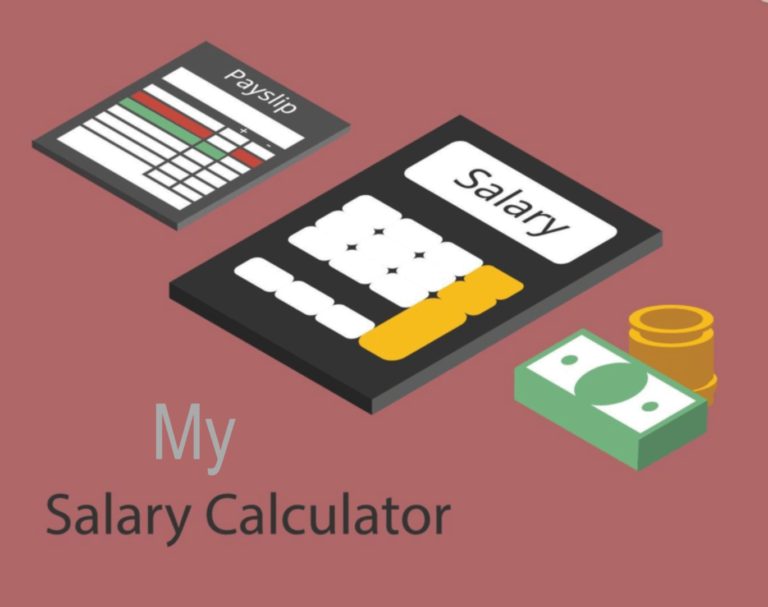The National Health Service (NHS) pay rise for 2024 marks a significant moment for healthcare professionals across the UK. Following months of negotiations and public pressure, the government has announced a 5.5% salary increase for NHS staff under the Agenda for Change (AfC) pay framework. This decision aims to address workforce retention, boost morale, and recognise the hard work of NHS employees.

Details of the NHS Pay Rise 2024
What’s Included in the Pay Rise?
- Pay Increase Scope:
The pay rise applies to all staff under the AfC pay scales, including nurses, paramedics, healthcare assistants, administrative staff, and more. - Effective Date:
The increase is retroactive to the 1st of April 2024, meaning eligible staff will receive backdated payments covering the months since its implementation. - Pay Band Adjustments:
- Introduce new intermediate spine points for Bands 8a to 9 to ensure smoother pay progression.
- Enhanced adjustments for lower and mid-level bands to address income disparities.
- Regional Allowances:
- Additional pay supplements for London and surrounding areas, ranging from 5% to 20% of the basic salary, depending on the region.
NHS Net Pay 2024/25
| Band | Gross Salary | Monthly Net |
| B2 (Step 1) | £23,614 | £1,606 |
| B3 (Step 1) | £24,071 | £1,632 |
| B3 (Step 2) | £25,674 | £1,710 |
| B4 (Step 1) | £26,530 | £1,768 |
| B4 (Step 2) | £29,114 | £1,879 |
| B5 (Step 1) | £29,969 | £1,926 |
| B5 (Step 2) | £32,324 | £2,054 |
| B5 (Step 3) | £36,483 | £2,235 |
| B6 (Step 1) | £37,339 | £2,280 |
| B6 (Step 2) | £39,404 | £2,390 |
| B6 (Step 3) | £44,962 | £2,686 |
| B7 (Step 1) | £46,148 | £2,749 |
| B7 (Step 2) | £48,526 | £2,895 |
| B7 (Step 3) | £52,809 | £3,098 |
| B8A (Step 1) | £53,754 | £3,153 |
| B8A (Step 2) | £56,454 | £3,304 |
| B8A (Step 3) | £60,503 | £3,480 |
| B8B (Step 1) | £62,215 | £3,480 |
| B8B (Step 2) | £66,247 | £3,628 |
| B8B (Step 3) | £72,294 | £3,922 |
| B8C (Step 1) | £74,290 | £4,006 |
| B8C (Step 2) | £78,814 | £4,197 |
| B8C (Step 3) | £85,601 | £4,482 |
| B9 (Step 1) | £105,385 | £5,315 |
| B9 (Step 2) | £111,739 | £5,619 |
| B9 (Step 3) | £121,271 | £6,024 |
Why the NHS Pay Rise Matters
1. Addressing Workforce Challenges
The NHS has faced severe staff shortages, with many employees leaving due to poor working conditions and stagnant wages. The pay increase is designed to:
- Improve Retention: Reduce turnover rates by offering competitive salaries.
- Attract New Talent: Encourage more individuals to join the NHS, particularly in critical roles like nursing and paramedics.
2. Recognising Staff Contributions
NHS staff have been on the frontlines of crises, including the COVID-19 pandemic. This pay rise is a step towards acknowledging their invaluable contributions to public health and well-being.
3. Combating Inflation
With the rising cost of living, many NHS workers have struggled to make ends meet. The pay rise, though modest, offers some relief by offsetting inflationary pressures.
Breakdown of NHS Pay Bands (Post-Increase)
The 5.5% pay rise affects employees differently, depending on their band. Below is an example of the adjustments for key bands:
| Pay Band | Previous Pay | New Pay | Increase |
|---|---|---|---|
| Band 2 | £22,383 | £23,615 | +£1,232 |
| Band 5 | £28,407 | £29,970 | +£1,563 |
| Band 7 | £43,742 | £46,148 | +£2,406 |
| Band 8a | £50,952 | £53,754 | +£2,802 |
These increases are critical for ensuring fair compensation for all NHS workers, from junior staff to senior leaders.
Union and Workforce Reactions
1. Union Perspectives
While unions like Unison and RCN (Royal College of Nursing) have welcomed the pay rise as a positive step, many argue that:
- The increase does not fully address years of real-term wage reductions due to inflation.
- Future pay reviews must ensure wages align with the rising cost of living.
2. Staff Reactions
NHS workers have expressed mixed feelings:
- Some view the pay rise as overdue recognition of their efforts.
- Others believe more substantial action is needed to match the workload and inflationary pressures.
Challenges and Concerns
1. Retaining Experienced Staff
Many senior staff feel that while the pay rise benefits junior roles, it may not be enough to retain experienced professionals considering leaving the NHS for private sector roles.
2. Cost of Living Crisis
With inflation still high, the additional income may fall short of addressing the financial struggles faced by many NHS workers, particularly in high-cost regions like London.
3. Funding Sources
Critics have raised concerns about how the government plans to fund the pay rise, fearing potential budget cuts in other essential NHS services.
The Future of NHS Pay
The 2024 NHS pay rise is a step in the right direction, but the journey to fair wages and sustainable healthcare staffing is far from over. Moving forward, the focus must shift to:
- Annual Independent Reviews: To ensure wages remain competitive and inflation-proof.
- Addressing Workload Issues: Many staff feel overworked, which cannot be resolved through pay increases alone.
- Long-Term Workforce Planning: Strategic recruitment and retention plans to fill vacancies and reduce burnout.
Conclusion
The NHS pay rise in 2024 represents a meaningful acknowledgement of the vital role healthcare workers play in society. While it offers much-needed relief, there’s still a long way to go in addressing systemic issues within the NHS workforce. Continued advocacy and collaboration between unions, staff, and policymakers will be key to ensuring a brighter future for the NHS and its employees.
Useful Links
- NHS Pay Bands Explained: NHSEmployers
- NHS Pension Schemes: https://www.nhsbsa.nhs.uk/pensions
- Check Your Tax Code: https://www.gov.uk/tax-codes
- National Insurance Rates: https://www.gov.uk/national-insurance
- Student Loan Repayments: https://www.gov.uk/repaying-your-student-loan
These links provide detailed information to help you understand and manage your NHS salary effectively.
If you’d like to compare salaries in other countries, here are some helpful resources:
US Net Pay Calculator: Allows you to calculate net pay based on the specific state, providing insight into state tax systems.
France Net Pay Calculator: This helps you understand how the French tax system works by calculating net pay in France.
Global Net Pay Calculator: compare take-home pay across countries, understand deductions, and plan smarter for your next career move.



